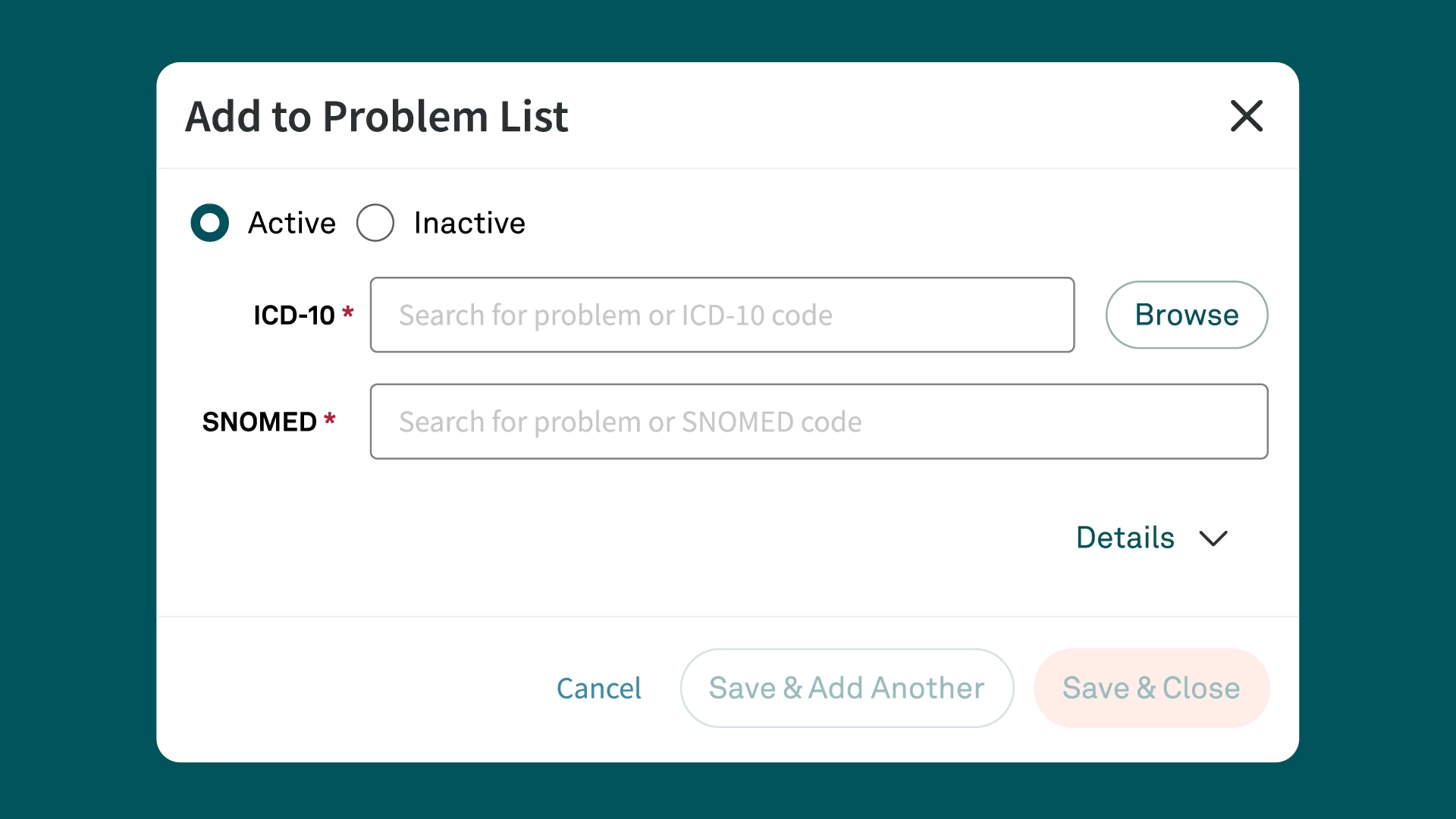ICD-10 Code E11.9
Type 2 diabetes mellitus without complications
What is the code E11.9?
E11.9 is a billable/specific ICD-10-CM code designated for "Type 2 diabetes mellitus without complications." This code is part of the endocrine, nutritional, and metabolic diseases chapter (E00–E89), specifically under category E11 Type 2 diabetes mellitus. It is used for clinical diagnosis and billing purposes to indicate that a patient has Type 2 diabetes that is currently not associated with any clinical complications typically linked to the disease.
Detailed description of E11.9
The use of E11.9 indicates that the patient has been diagnosed with Type 2 diabetes mellitus, a condition characterized by insulin resistance and relative insulin deficiency. Code E11.9 is used when this condition has not yet led to health complications, such as neuropathy, nephropathy, retinopathy, or cardiovascular issues. Management focuses on monitoring blood sugar levels to prevent complications through lifestyle modifications, medication, and regular check-ups.
Symptoms commonly associated with E11.9
Typically, Type 2 diabetes itself might be asymptomatic in early stages and is often diagnosed on routine testing. However, patients may experience:
- Increased thirst
- Frequent urination
- Hunger
- Fatigue
- Blurred vision
Related and similar ICD-10-CM codes
Other related ICD-10-CM codes include:
- E11.21 (Type 2 diabetes mellitus with diabetic nephropathy)
- E11.22 (Type 2 diabetes mellitus with diabetic chronic kidney disease)
- E11.65 (Type 2 diabetes mellitus with hyperglycemia) These codes specify complications that can arise from Type 2 diabetes.
Appropriate usage of E11.9 for billing
Use E11.9 for billing purposes when a provider lists in the assessment portion of the note that a patient is diagnosed with Type 2 diabetes mellitus and has not developed any of the related diabetic complications. It is important to document the presence of any associated diabetic complications to avoid incorrectly assigning this code.
Instructional notes and/or guidelines with E11.9
Accurate documentation is beneficial when using the E11.9 code, including details of any tests performed. It is crucial to periodically re-evaluate the patient's condition to update the coding if complications arise, based on the provider's assessment.
If the type of diabetes mellitus is not documented in the medical record, the default is Type 2 diabetes mellitus.
Additional code(s) from category Z79 should be assigned with E11.9 to identify the long-term (current) use of insulin, oral hypoglycemic drugs, or injectable non-insulin antidiabetic:
Common pitfalls in coding with E11.9
- Using E11.9 when complications are present but not documented due to insufficient examination or oversight.
- Failure to update the diagnosis code when complications develop based on provider assessment — which could lead to inaccurate medical billing and potential issues with insurance claims.
Key resources for E11.9 coding
- CMS ICD-10 Homepage: Provides official resources and guidelines on ICD-10-CM coding.
- WHO ICD-10 Online Browser: Useful for verifying the definitions and relationships between different ICD-10-CM codes.
Conclusion
E11.9 is used to identify cases of Type 2 diabetes mellitus without complications. Proper use of this code facilitates not only appropriate billing but also helps in guiding the management of the disease to prevent the onset of complications, thus enhancing the quality of care provided to patients.
Simplify ICD-10 code documentation with Tebra
Tebra’s EHR+ gives you quick searches and Systematized Nomenclature of Medicine (SNOMED) field names for efficient code documentation. Plus, Tebra automatically saves ICD-10 to SNOMED mapping for future searches, streamlining your workflow.

Discover how Tebra helps providers effortlessly document health-related issues and conditions in this detailed post.
Subscribe to The Intake:
A weekly check-up for your independent practice



